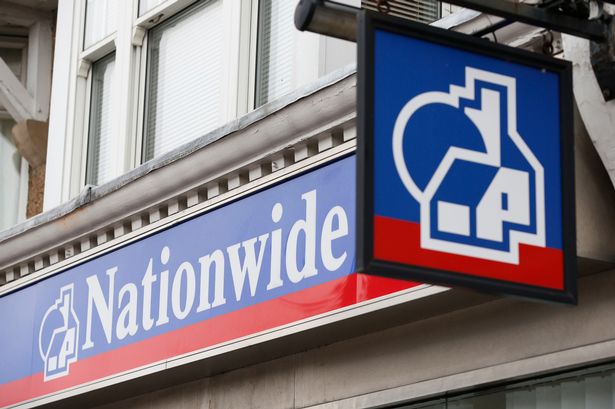Nationwide has warned customers to be aware of scammers as thousands of people rush to take advantage of holiday 'deals' in January.
The leading bank has claimed that cyber criminals are known to target holidaymakers by placing fake ads on websites or pretending to be a booking agent from a legitimate company. In many cases they will try to move customers away from genuine holiday websites and try and get people to make the payment to an individual rather than a company via bank transfer.
New research carried out through a Nationwide poll, as part of its scam prevention efforts, revealed that people tend to feel the need to book a holiday early in the year as people say they either want to plan ahead (42%) or just need something to look forward to after the festive period (40%). Despite that, more than half (58%) admitted don’t know or aren’t sure on how to check if a travel agent, tour operator or holiday booking is legitimate or not.
READ MORE: Met Office update 'danger to life' weather warning as Merseyside braces for Storm Isha
When booking a holiday, it’s important to ensure that it’s paid for in a secure manner to protect against scams with paying by either credit or debit card being the safest options. This is because they come with protections, including Section 75 and Chargeback. According to the Nationwide poll of more than 2,000 people, four in ten (40%) would use their credit card to pay, while a third (33%) would use their debit card. However, six per cent also admit they’d pay for a holiday with cash and one in 20 (5%) would choose to pay by bank transfer – both of which are less secure and offer less protection.
Despite the potential risks of being scammed, reassuringly, 44% of people do research after seeing a ‘limited-time deal’ appear online and many people do exercise a degree of healthy suspicion and awareness. Holiday accommodation is the one area where people feel most vulnerable to being scammed (34%), trips and excursions (15%), travel (12%), vehicle rental hire (6%) and airport parking (6%) are also areas of concern for holidaymakers.
One key tip that Nationwide gives to holiday bookers is to try to book direct with established hotels or ABTA or ATOL-protected companies. Making sure a travel agent or broker is ABTA or ATOL protected is a clear sign they’re legitimate.
If you book independently, check if you’re dealing with the property owner, a letting agent or the local tourist information desk. This will be useful if anything goes wrong with your booking.
Nationwide is encouraging any customers concerned about a purchase to use its Scam Checker Service before making any payment. It is available in branch or by calling a 24/7 freephone number (0800 030 4057). If the payment goes ahead and the customer is subsequently scammed, unless Nationwide told the customer not to proceed, they will be fully reimbursed.
Jim Winters, Nationwide’s Director of Economic Crime, said: “January is primetime for booking holidays as we want something to look forward to – whether time in the sun or snow. However, that age old adage of ‘if it looks too good to be true, it probably is’ most certainly applies with holidays – do your research and if in doubt get support. Our Scam Checker Service is completely free and for the sake of a few minutes on the telephone it could mean you’re not getting conned out of your hard-earned money and deserved time away.”
There are many ways to keep up with news in Liverpool and our website is just one. Below you can find details about our premium app with a smooth interface, and no adverts. You will also find links to our breaking whatsapp community, Facebook page, our in-depth Daily Post newsletter.
Try Liverpool Echo Premium for 99p with no ads, fun puzzles and brilliant new features
Don’t miss the biggest and breaking news by joining our dedicated WhatsApp community. R
The Liverpool Daily Post newsletter delves into the biggest stories on Merseyside

